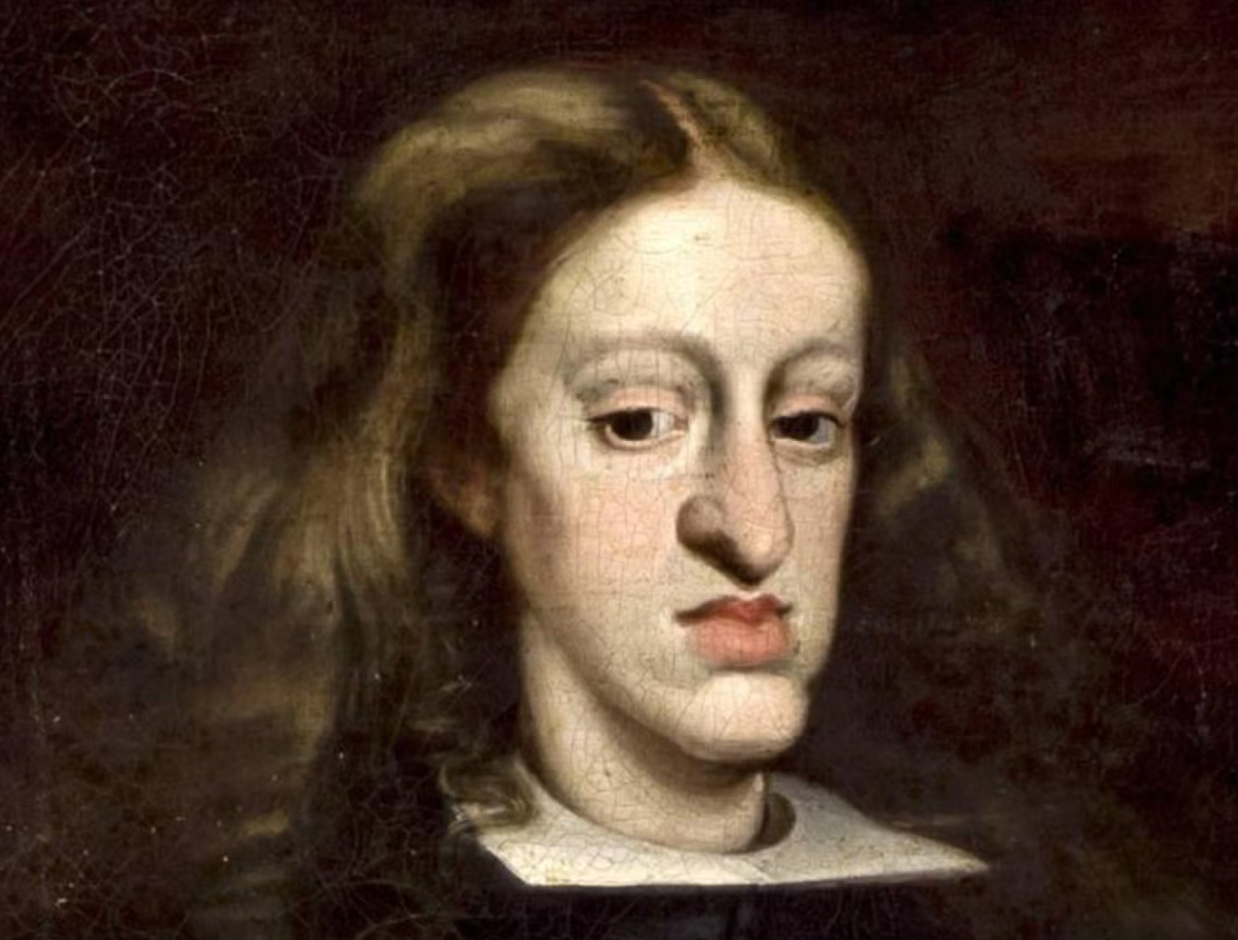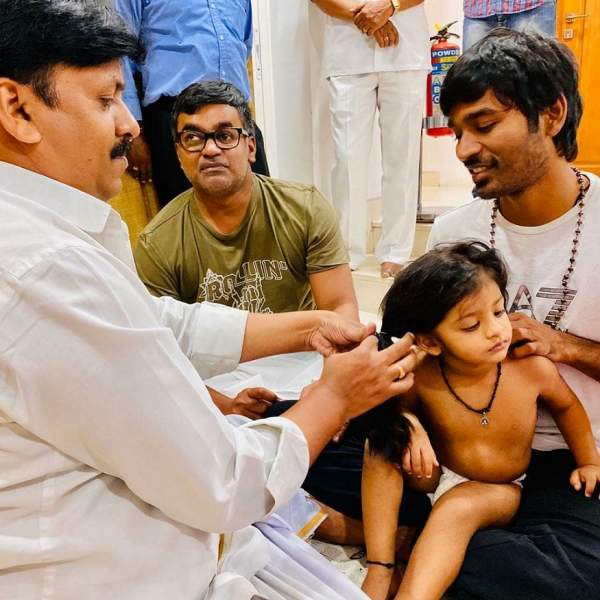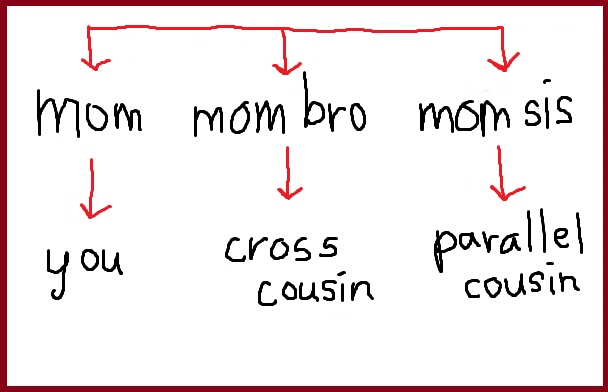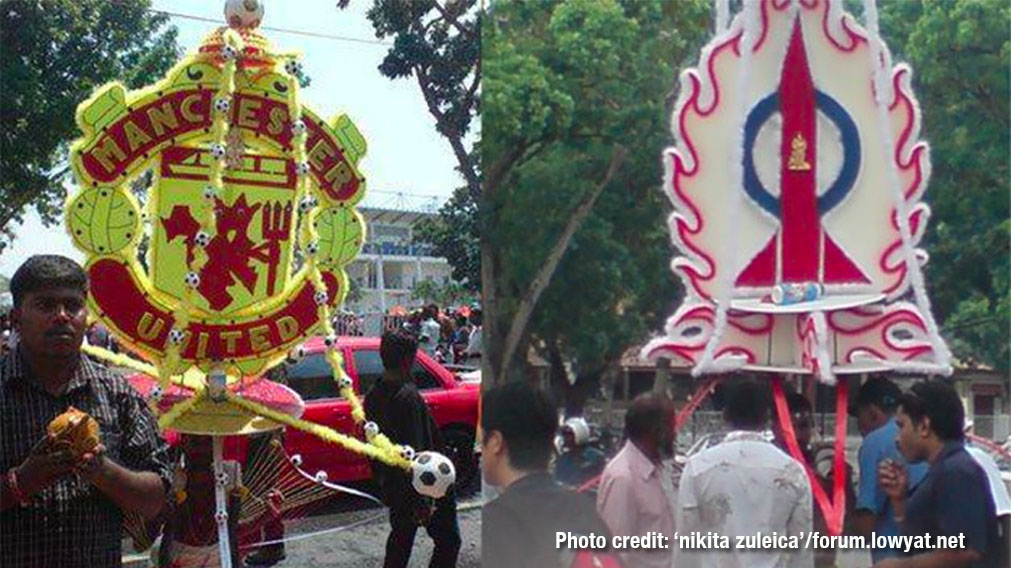Is incest allowed in Malaysia? Here’s why Hindus marry between uncles and nieces

- 114Shares
- Facebook90
- Twitter5
- LinkedIn4
- Email7
- WhatsApp8
If we were to ask you “Okay ke to incest in Malaysia?” you’d probably run to your nearest bomoh and start sprinkling us with holy water.
Game of Thrones aside, it’s pretty unusual to stumble on culture that’s cool with the whole incest thing. Not exactly shocking, though is it? Through history, inbreeding has caused some serious genetic oopsies. Take the infamous Habsburg jaw, for instance— it doesn’t just mess with speech and chewing, it’s not really winning any beauty contest either.

All this to say, it would be odd then, wouldn’t it, if we were to take a look at the Malaysian marriage laws and find a clause that not only mentions incest but makes a special provision that allows it.

To dumb that down a little, the excerpt says a Hindu uncle can marry his niece. What you should note thought it’s not just any uncle, it has to be the mother’s brother. First of all, um, WHAT 😩🤌🏼💀. And secondly, that’s just so highly specific. Why does it have to be the mom’s brother and not say, the dad’s brother?
Well, it goes back to the roots of the Indian community in Malaysia, which comes from a particular region in Southern India. Over there, certain cultural practices were already deeply ingrained within the community long before any law was written.
In South Indian/Hindu culture, the mom’s brother has a lot of ✨power✨
The actual term for a mom’s brother in Tamil is thaai mama. And if you’re an Indian practicing Hindu, chances are you’ve heard this title tossed around like confetti at various life events— whether it’s a baby’s first ear piercing ceremony, a wedding celebration, or even during those awkward puberty rites of passage.
In all of them, the thaai mama plays a central role, sometimes even eclipsing the duties of a parent.

The reason things are that way basically comes down to this long held belief that if your mom dies, it’s your mom’s brother who would look after you. There’s no real explanation for it, other than the importance of maintaining strong bonds with your mom’s family, even in a society like India’s, which leans heavily patriarchal.
Tamils, then, nominally have patrilocal residence, but many women actually continue to reside in their natal place, and have patrilineal inheritance, but place a simultaneous emphasis on matrilateral relatives– excerpt from Eleanor A. Power et al, Philos Trans R Soc Lond B Biol Sci (2019)
Now we know what you’re thinking, an uncle can look after his nieces WITHOUT having to marry them, like how did we go all the way from here 🤏🏼 to there 💥?
Incest marriages serve the family more than they serve the uncle or niece
There are two especially major reasons for avunculate marriages— which btw, is a marriage between an uncle and niece or an aunt and nephew. It’s a little hard to explain this with the influence of our modern upbringings, but family holds a significant place in South Asian culture. And marrying within the family serves to strengthen those close bonds even further.
When a woman marries into a traditional Indian household, she’s in a way marrying the whole family. And no, we don’t mean it in that way 🫠. It’s more like she has to cook and clean and cater to everyone’s needs in some capacity. And it’s especially important that she serves her husband’s mom well. Now when that husband is her uncle, her mom-in-law is technically her own grandma. So with an already established close bond, taking care of her would be second nature.

The second reason has to do with material possession. When people marry within the family, it means that any asset or property passed down will stay in the family. But if a woman marries someone from outside her family, her husband might try to take control of her family’s inheritance. It’s as straightforward as that.
Well if things are that simple, you might be wondering, why aren’t all Hindu uncles marrying their nieces? Incidentally, Shakespeare once asked, What’s in a name? And as it turns out, a name is pretty darn important.
A mother’s brother is a-okay, while a father’s brother is a red flag
And that’s because a mom’s brother is called mama, while a dad’s brother goes by the name periyappa if he’s older than your dad, or chittappa if he’s younger. The point being, a dad’s brother has the suffix –appa. A little Tamil 101 for all you guys who don’t speak it, but appa is essentially what kids call their dads.
Now this isn’t exactly a rock-solid theory, but based on the collective wisdom of this writer’s dad, mom, and two aunts (all Hindu Indians, rest assured)— there’s a sort of unspoken reason women are married to an uncle on their mom’s side rather than their dad’s side. And that’s because, well, marrying someone you lovingly call “-appa” feels a bit too close for comfort.

And extending on that theory, one thing we found super interesting in our research is this practice of cross-cousin marriages in India. You see, your cousins can be either cross or parallel, depending on your parents’ relationship with theirs. In this sense, your mom’s sister’s kids are your parallel cousins, while your mom’s brother’s kids are your cross cousins.

Cousin marriages are pretty widespread globally, but in India, cross-cousin marriages are quite the norm. The point here is that relationships with your mom’s brother or his children aren’t seen as taboo. They’re just considered a natural part of custom.
Though technically legal, incest marriages are seldom practised in Malaysia
Some might argue a uncle-niece relationship might not sound thaaaaaat bad (welp, it’s bad) but the cold honest truth is that uncles and nieces share 25% of the same genetic makeup. And that’s like rolling the dice with some serious genetic roulette.
In this modern era, it’s no more valid due to health issues. Marrying same family leads to having children with autism and (other) sickness– via this writer’s aunt, a fountain of knowledge

Apart from health concerns, there are a bunch of other minor reasons why uncle-niece marriages don’t hold much sway today. You see, it’s wasn’t like the niece wanted to marry her uncle, it was almost always arranged by her family. And things like dowries and castes also played a role in these arranged marriages. Basically, families practised incest to save on costs and preserve their social statuses.
But obviously we’re not living in India and the Indians here don’t keep to traditions the same way. All this to say, today’s couples are more preoccupied with swiping right than bending over backwards to preserve such age-old customs. (source: trust this writer)
- 114Shares
- Facebook90
- Twitter5
- LinkedIn4
- Email7
- WhatsApp8



